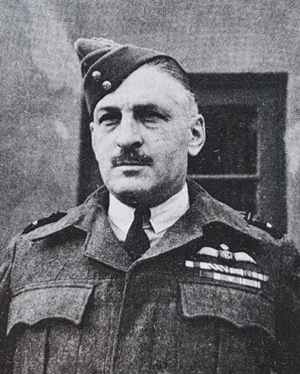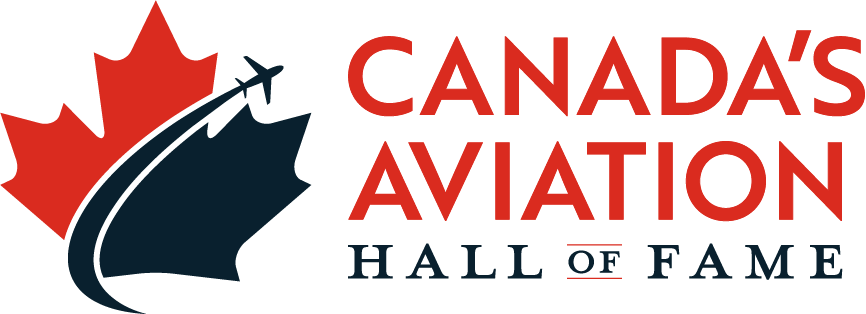Clifford McEwen

Born in Griswald, Manitoba in 1898, Clifford MacKay McEwen enlisted with the Canadian Expeditionary Force in 1916 before transferring to the Royal Flying Corps. He flew the majority of his war in Italy, distinguishing himself as a scout pilot. McEwen then joined the fledgling Canadian Air Force in England and remained in uniform after war’s end, serving as part of the Air Board and the inter-war Royal Canadian Air Force.
A Group Captain when war again broke out, McEwen was promoted Air Commodore working to establish Canadian authority over aerial operations in the north- west Atlantic while conducting antisubmarine warfare. A disciplined leader, he was transferred to England and further promoted Air Vice-Marshall, taking command of 6 (RCAF) Group as part of Bomber Command. Facing low morale and lacklustre performance, McEwen instituted a rigorous training regimen that achieved results: by the end of 1944, 6 Group was considered a premier force, sustaining the fewest losses of the heavy bomber groups.
In recognition of his outstanding leadership, McEwen was appointed command of the RCAF’s contribution to Tiger Force in preparation for the Pacific theatre. McEwen supported veterans’ causes in his postwar career, working with both the Royal Canadian Legion and the Last Post Fund. He died in Montreal in 1967 having made a lasting mark on Canadian aviation.
